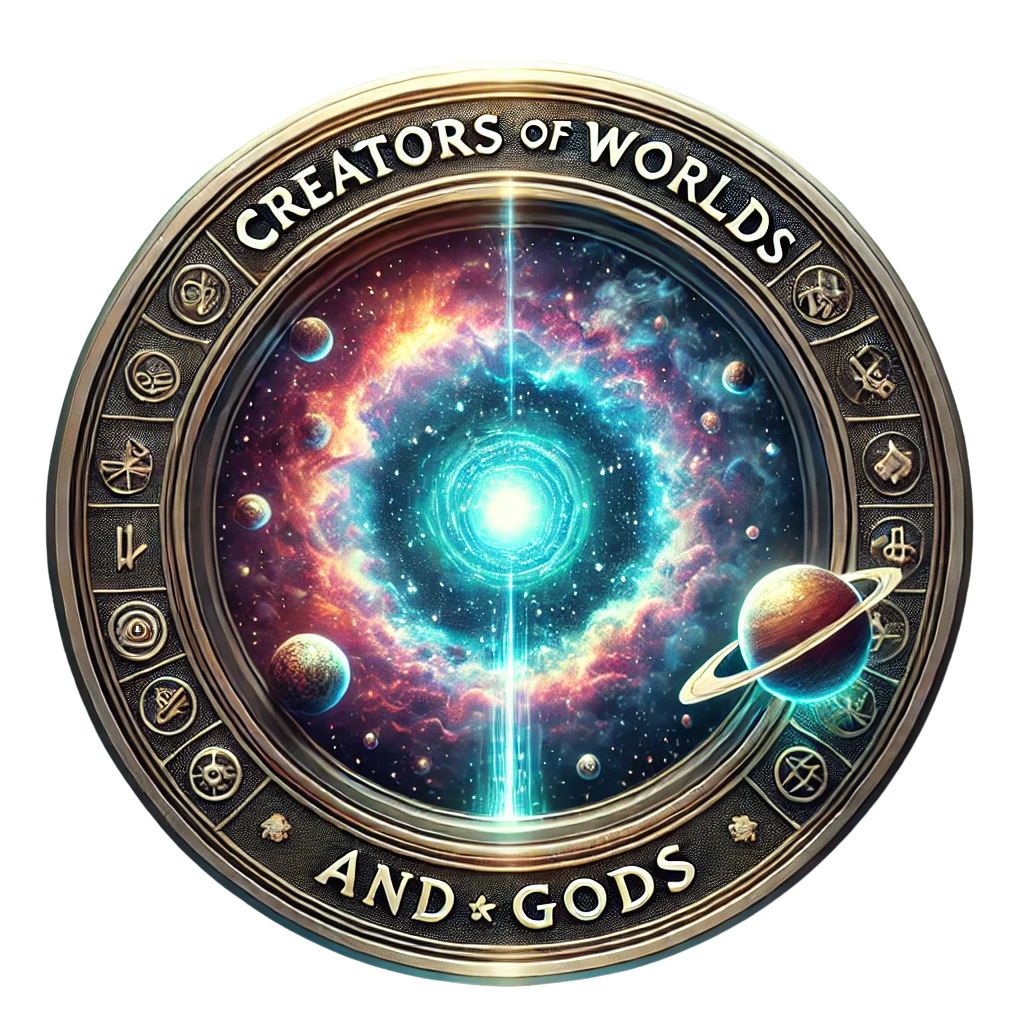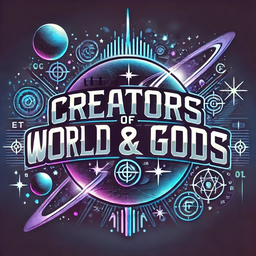Blog
Why You Should (and Shouldn’t) Read Malazan Book of the Fallen: A Balanced Guide for New Readers

If you’re a fan of epic fantasy and have ever wandered through a bookstore or online forums, you’ve likely stumbled across the name Malazan Book of the Fallen. Written by Steven Erikson, this ten-book series has garnered both fervent fans and those who struggle to get through its dense pages. Whether you’ve heard it called a masterpiece of modern fantasy or a confusing labyrinth of plotlines, Malazan inspires strong reactions.
This post aims to provide a balanced perspective for new readers. Specifically, we’ll delve into the series’ strengths and weaknesses so you can decide if this sprawling epic is the right choice for your next read. Buckle up—much like the series itself, this is going to be a long and winding journey.

What Is Malazan Book of the Fallen?
At its core, Malazan Book of the Fallen is an epic fantasy series that spans multiple continents, hundreds of characters, and thousands of years. The story begins with Gardens of the Moon and follows a vast array of narratives: soldiers waging wars, gods scheming from afar, and ancient races battling to preserve their legacies.
However, it’s not a series that unfolds neatly; instead, it’s a mosaic of interconnected tales that form a grand picture over time. Furthermore, the series is famous (or infamous) for dropping readers into the middle of the action with little exposition. Erikson trusts his audience to figure things out as they go—a decision that’s either thrilling or frustrating, depending on your reading preferences.

Why You Should Read Malazan Book of the Fallen
1. Rich World-Building
First and foremost, few authors create worlds as expansive and immersive as Steven Erikson. The Malazan Empire, along with its neighboring continents and realms, is richly detailed. Erikson’s background as an archaeologist and anthropologist shines through, as the series brims with ancient ruins, forgotten histories, and complex societies.
Furthermore, each culture feels distinct, with its own traditions, politics, and belief systems. For example, the warrior-poets of the Tiste Andii and the undead legions of the T’lan Imass both exemplify Erikson’s ability to craft unique and compelling civilizations. Consequently, if you love sinking into a story that feels as though it has existed for millennia, Malazan delivers that in spades.
2. Deep, Multifaceted Characters
In addition to its impressive world-building, Malazan excels at creating characters who feel deeply human. Despite its massive scope, Erikson ensures that even minor characters leave a lasting impression. For instance, whether they are gods, soldiers, or mages, each character grapples with existential questions, moral ambiguity, and emotional pain.
Take Whiskeyjack, for example. On the surface, he is a grizzled veteran leading a band of misfits. However, as the story unfolds, you realize his quiet leadership masks the immense burdens he carries. Similarly, Karsa Orlong, who starts as a barbaric brute, undergoes one of the most profound character evolutions in the series. Therefore, if you enjoy stories with complex, morally ambiguous characters, this series will resonate with you.
3. Themes of Sacrifice and Compassion
Moreover, Malazan Book of the Fallen is not just a tale of battles and magic; it’s a meditation on the human condition. Erikson weaves themes of sacrifice, compassion, and camaraderie throughout the narrative. For example, the story of Itkovian, a character whose willingness to bear the burdens of others demonstrates extraordinary compassion, is among the most emotionally impactful arcs in the series.
At the same time, the camaraderie of the Bridgeburners highlights the bonds forged in the crucible of war. As a result, the series becomes much more than a simple fantasy saga—it transforms into a deeply philosophical work that explores what it means to live, love, and lose.
4. Epic Battles and Action
If you enjoy large-scale battles and high-stakes confrontations, Malazan doesn’t disappoint. From sieges involving sorcery to brutal hand-to-hand combat, the series excels at depicting warfare in all its chaos and brutality.
The battles aren’t just physical; they are emotional and psychological as well. For instance, Erikson explores how conflict shapes individuals, societies, and even gods. The clash between the T’lan Imass and Jaghut, for example, isn’t just a war—it’s a millennia-long struggle that raises questions about justice, vengeance, and survival.
5. Unpredictability
Unlike many fantasy series that adhere to familiar tropes, Malazan thrives on subverting expectations. No character is safe, and no storyline unfolds predictably. Just when you think you’ve figured out where a plot is heading, Erikson will pull the rug out from under you.
This unpredictability keeps the series fresh and engaging, rewarding readers who are willing to embrace its twists and turns.
Why You Might Struggle with Malazan Book of the Fallen
1. A Steep Learning Curve
On the other hand, the most common criticism of Malazan is its lack of hand-holding. Erikson doesn’t waste time explaining the world, its history, or its magic system. Instead, readers are dropped into the middle of a story already in progress, expected to piece things together as they go.
For new readers, this can be disorienting. Terms like “warrens,” “ascendants,” and “Holds” are thrown around with little explanation, and the sheer number of characters can be overwhelming. Therefore, if you prefer stories with clear introductions and gradual world-building, Malazan may feel like a trial by fire.
2. Dense and Complex Prose
Additionally, Erikson’s writing is dense, filled with intricate descriptions and philosophical musings. While this adds depth to the narrative, it can also slow down the pacing. As a result, some readers find themselves re-reading passages to fully grasp their meaning, which can be frustrating if you prefer a more straightforward style.
3. A Massive Cast of Characters
The series features hundreds of characters, many with similar-sounding names or titles. Keeping track of who’s who—and how they connect to the larger story—can be a Herculean task. Moreover, some characters disappear for books at a time, only to return when you’ve almost forgotten about them.
Thus, if you’re the kind of reader who struggles with large casts or complex narratives, this aspect of Malazan may feel more like a chore than a joy.
4. Lack of Traditional Structure
Finally, Malazan doesn’t follow a traditional narrative structure. Each book has its own self-contained plotlines, but the overarching story is often fragmented. Threads introduced in the first book may not be resolved until the final installment—or not at all.
While this creates a sense of realism and unpredictability, it can also leave readers feeling adrift, especially if they’re looking for a clear beginning, middle, and end.
Tips for New Readers
If you’re intrigued but intimidated by Malazan Book of the Fallen, here are some tips to help you navigate the series:
- Be Patient
Don’t expect to understand everything right away. Embrace the confusion and trust that things will start to make sense as you read. - Use Companion Guides
Online resources, like the Malazan Wiki, can be invaluable for keeping track of characters, locations, and terminology. - Focus on Themes, Not Details
It’s easy to get bogged down in the minutiae of the world-building. Instead, focus on the emotional arcs and overarching themes. - Take Breaks Between Books
Given the series’ density, it’s okay to take a breather between installments. This can help prevent burnout and give you time to reflect on what you’ve read. - Find a Community
Discussing the series with other fans can enhance your understanding and appreciation. Online forums and Reddit communities are great places to share theories and insights.
Conclusion: Is Malazan Book of the Fallen Right for You?
Malazan Book of the Fallen is a series that demands patience, attention, and emotional resilience. For those who are willing to put in the effort, it offers unparalleled rewards: a richly imagined world, complex characters, and profound philosophical themes. However, it’s not for everyone. If you prefer straightforward narratives or lighter fare, the series’ density and complexity may be off-putting.
Ultimately, Malazan is a journey—one that mirrors its characters’ struggles, triumphs, and sacrifices. If you’re ready to embrace the chaos, Malazan Book of the Fallen might just become one of the most unforgettable reading experiences of your life. Are you ready to take the plunge?

